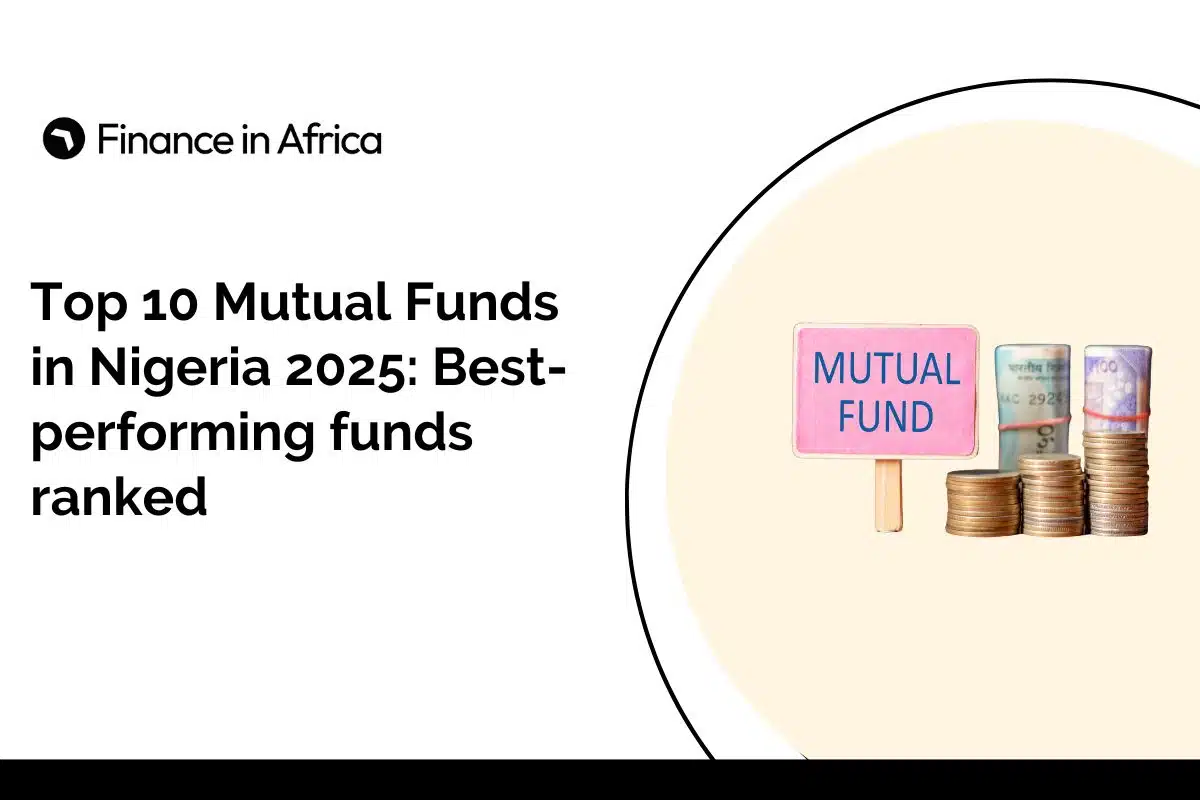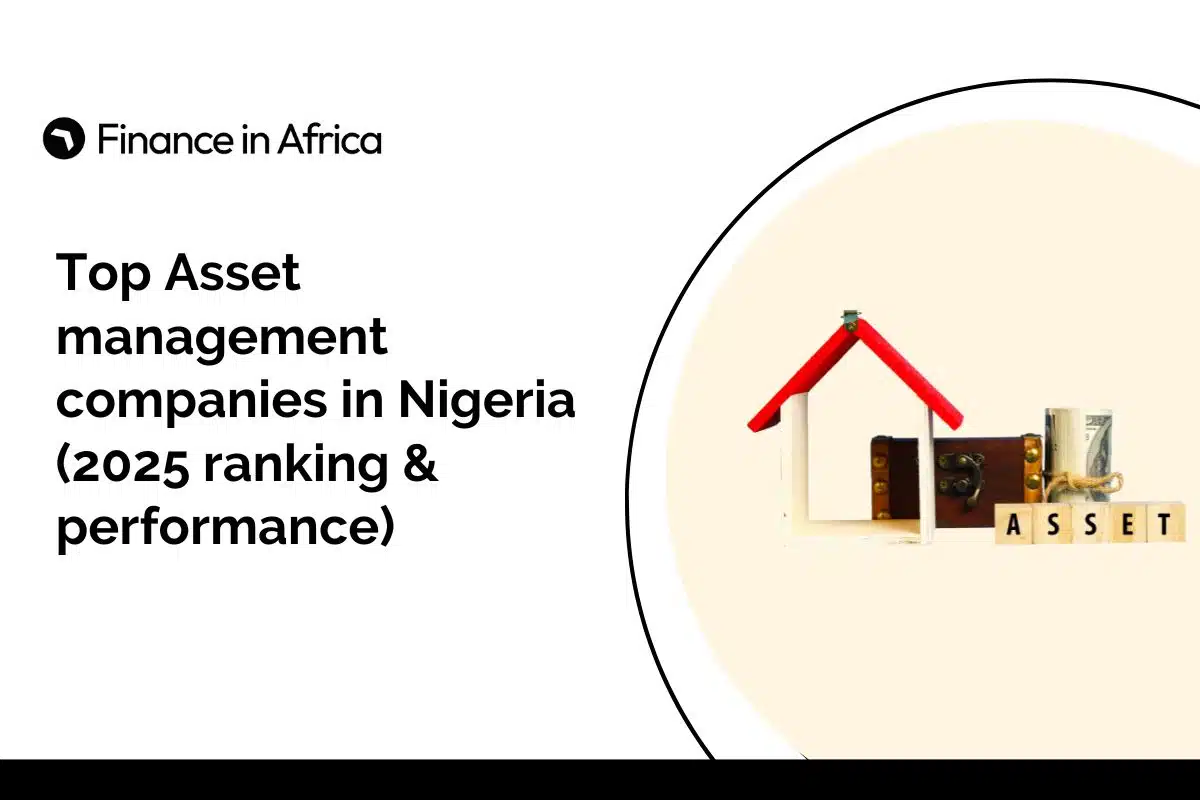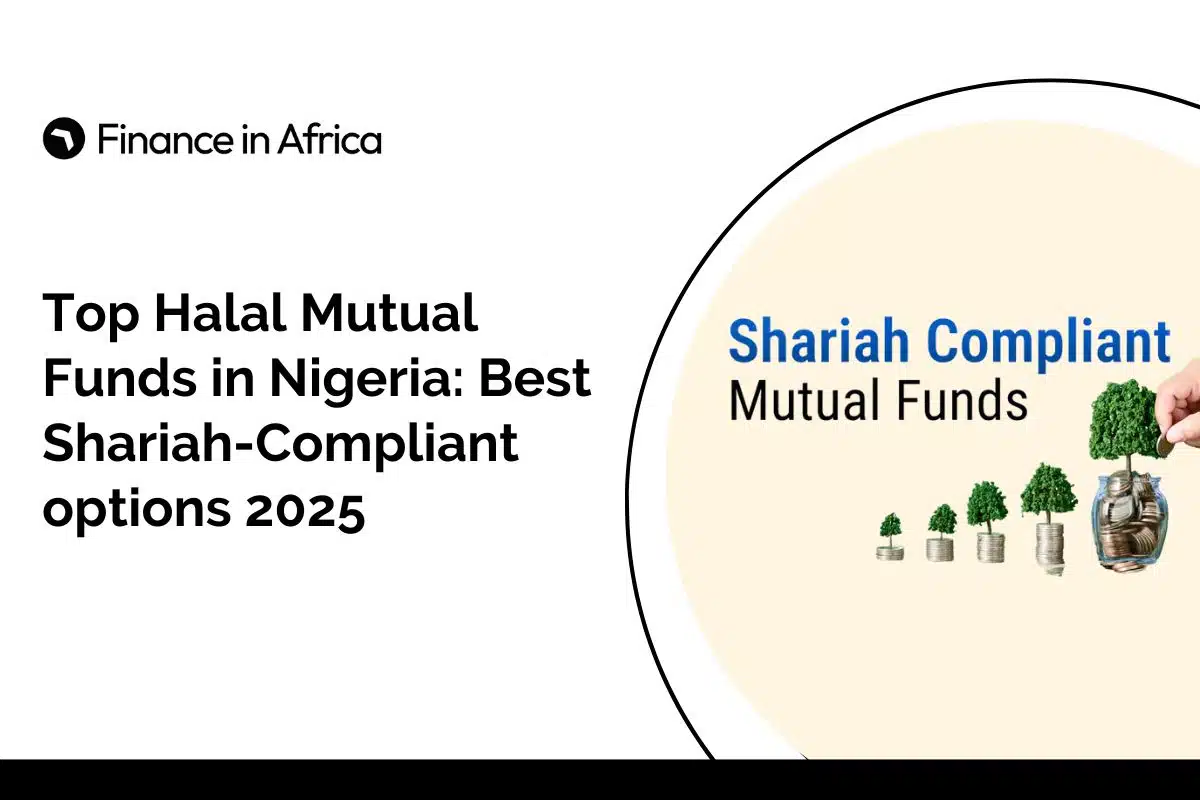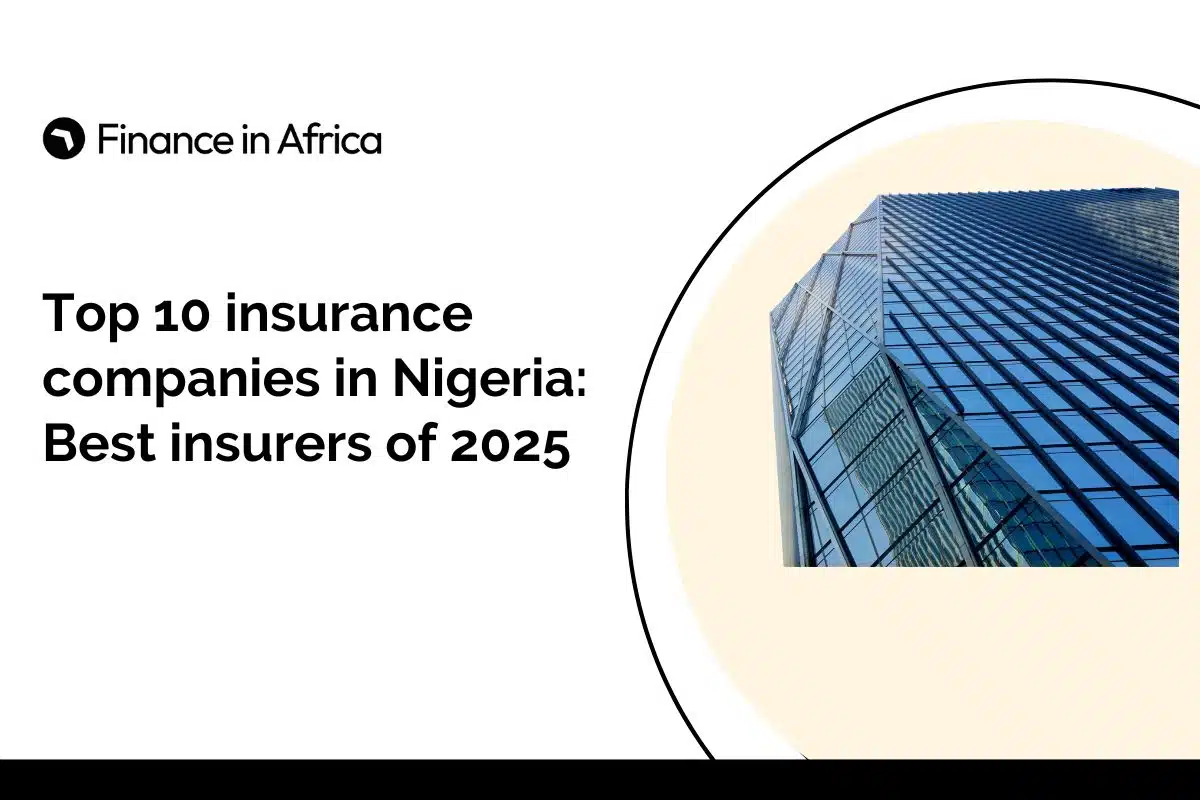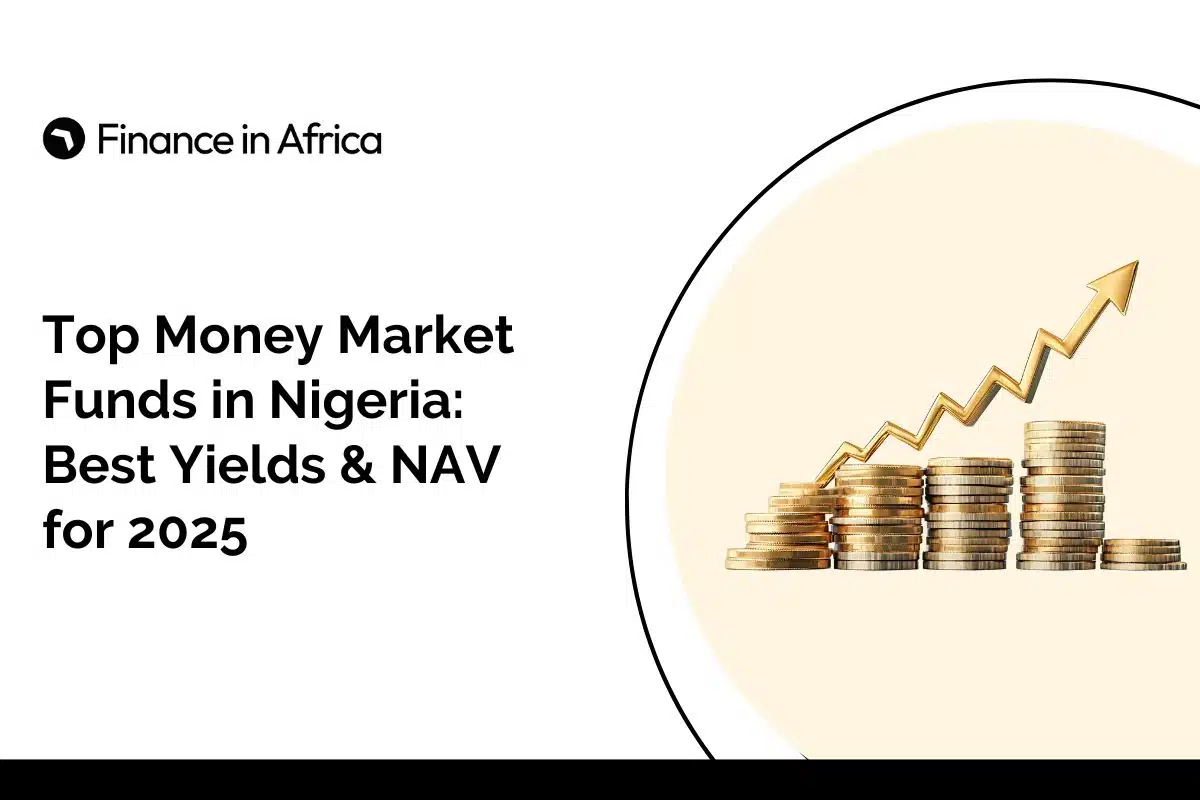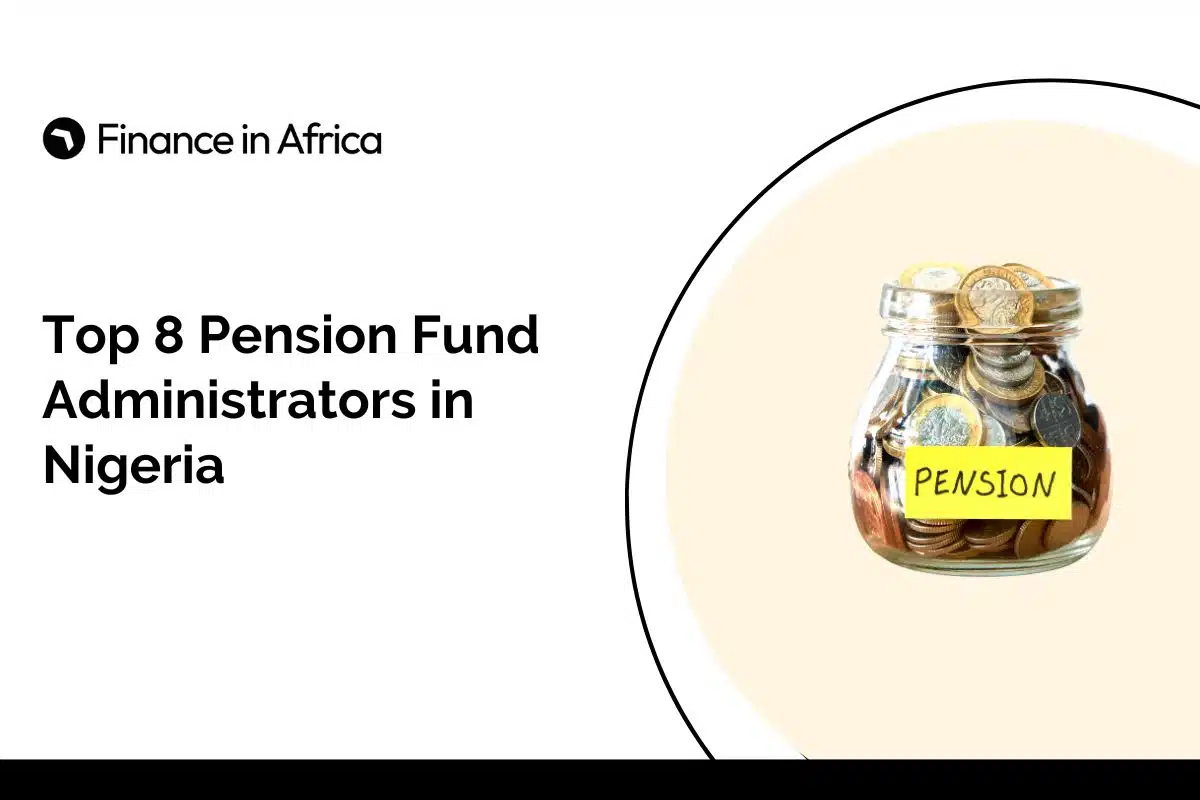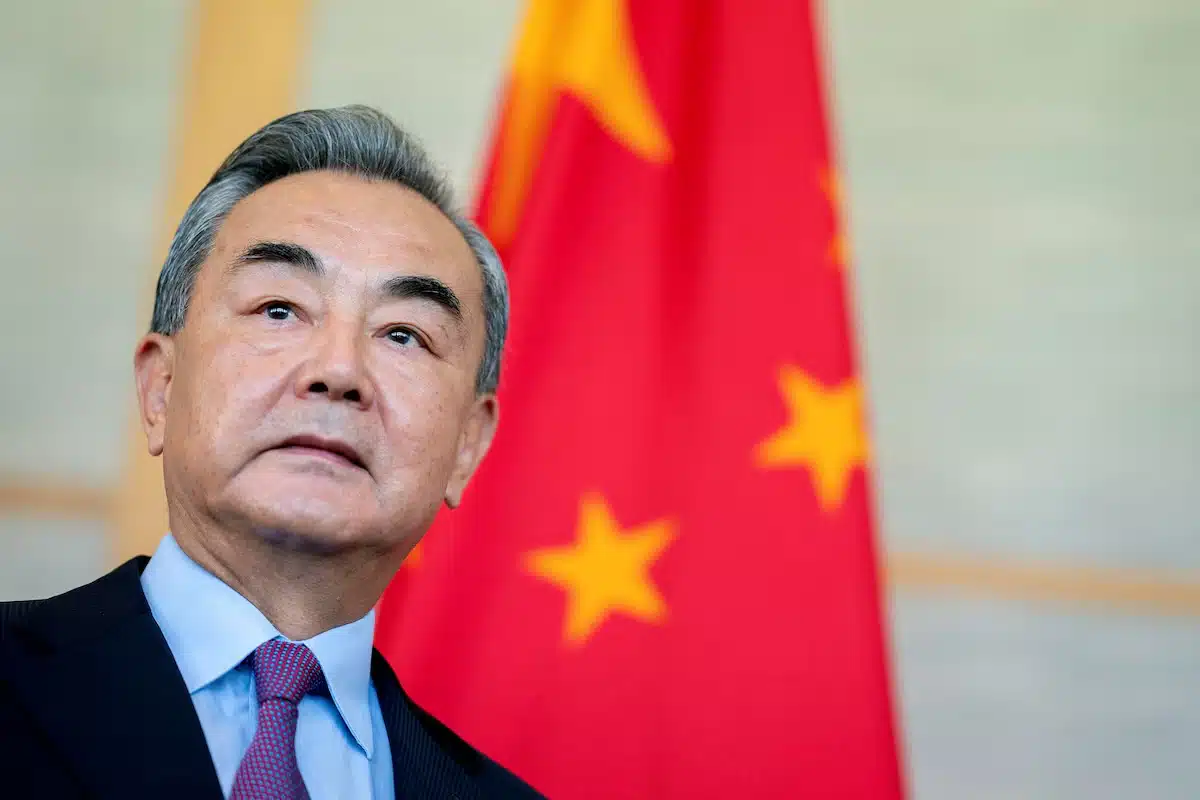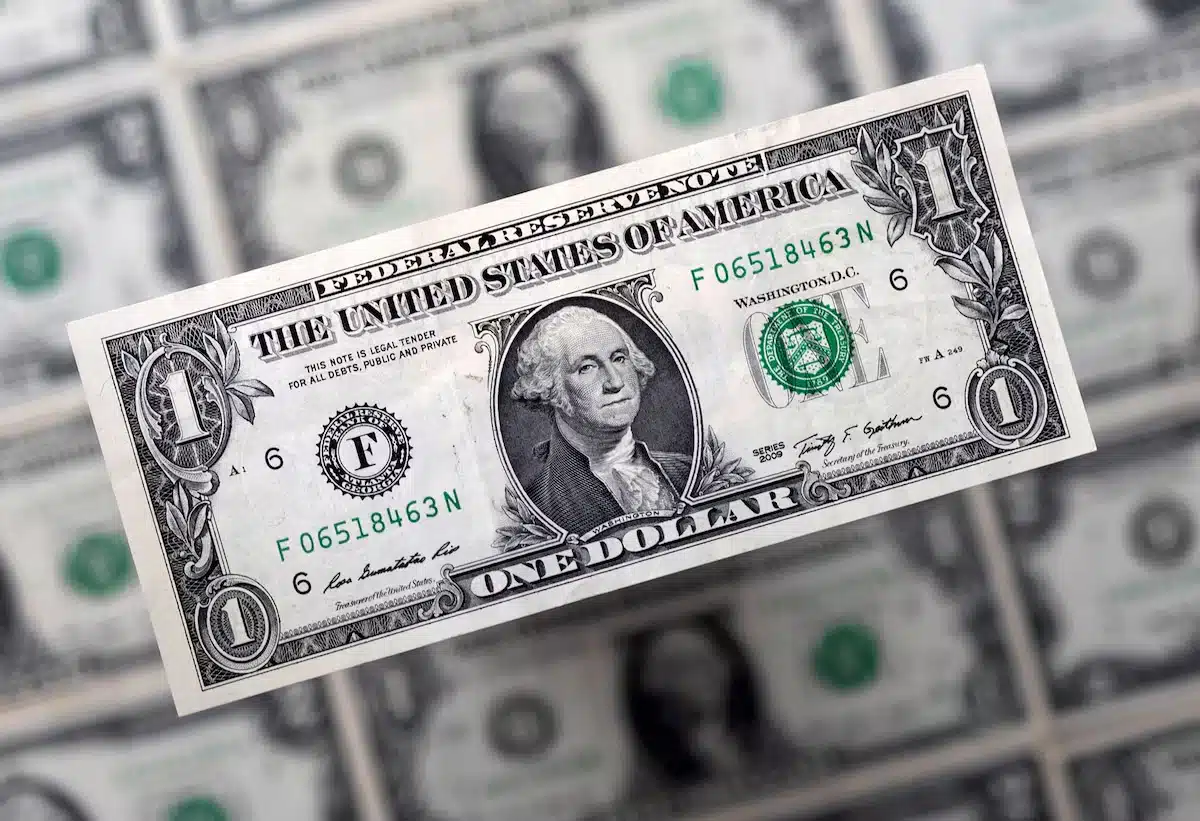In the first half of 2025, Nigeria’s mutual fund industry maintained its strong growth trajectory, with total assets under management (AUM) reaching ₦5.94 trillion.
It’s a clear signal that more investors are considering mutual funds than ever.
A mutual fund is a regulated investment vehicle that pools money from many investors and channels it into assets such as treasury bills, government bonds, equities, and commercial papers.
In this article, we focus on the top performers that offer the best sustainable yields.
Top Mutual Funds in Nigeria: Overview on high-yield winners
Here are Nigeria’s top performers for H1 2025, based on Securities Exchange Commission (SEC) weekly Net Asset Value (NAV), which represents the price of each unit of the fund:
- Halo Equity Fund (≈90.25% YTD H1)
- Alpha Morgan Balanced Fund (≈67.84%)
- FSDH Coral Balanced Fund (≈67.70%)
- GT Equity Income Fund (≈56.21%)
- Zrosk Magna Equity Fund (≈42.34%)
- Chapel Hill Denham Paramount Equity Fund (≈40.66%)
- Stanbic IBTC Imaan Fund (≈40.49%)
- Quantum Zenith Balanced Strategy Fund (≈36.32%)
- Quantum Zenith ESG Impact Fund (≈35.71%)
- ARM Halal Balanced Fund (≈35.68%)
Focusing on top-performing funds matters because they offer sustainable yields, stability across market cycles, and superior risk management compared to average funds.
What makes a mutual fund “top-performing”?
A “top-performing” mutual fund isn’t judged by yield alone; it’s about how consistently the fund delivers risk-adjusted returns relative to its peers and benchmark.
- Yield (Return on Investment): The fund must consistently deliver competitive returns. For example, Nigerian Money Market Funds offering 14–16% yield are attractive, but the key is whether those yields are sustainable across changing interest rate cycles.
- Stability: Returns should not fluctuate wildly. A fund that weathers CBN policy shifts, inflation shocks, or liquidity crunches without drastic dips is stronger than one that only shines in bull runs.
- Fund Strategy: The manager’s asset allocation approach is crucial. A good example is how top Equity Funds diversify across banking (GTCO, Zenith), cement (Dangote), and consumer goods to balance growth and defensive stocks.
- Risk Management: Top funds don’t chase high yields blindly; they hedge against volatility with short-term instruments, treasury bills, or defensive equities.
- Cost Efficiency: Low expense ratios ensure investors keep more of the returns rather than paying high management fees.
- Transparency: Regular reporting, clear strategies, and credible trustees build trust and investor confidence.
What are the Top Mutual Funds in Nigeria?

1. Halo Equity Fund
- Halo Asset Management
- Ideal for investors who want aggressive growth and can tolerate swings in stock prices.
The Halo Equity Fund is one of the strongest equity-focused funds in Nigeria right now. It invests mainly in Nigerian Stock Exchange (NGX) companies, especially banks and blue-chip stocks.
Its performance in early 2025 was extraordinary, rising by over 90%, largely because it rode the rally in Nigerian bank stocks after the banking recapitalization drive.
It’s a high-risk, high-reward fund, which is best suited for investors who can tolerate swings in stock prices.
2. Alpha Morgan Balanced Fund
- Alpha Morgan Capital
- It’s a good fit for medium-risk investors who want both growth and protection.
This is a balanced fund, meaning it invests in both stocks and fixed-income securities.
That strategy cushions investors from sharp losses when the stock market is down, while still allowing strong gains when the market rises. Alpha Morgan’s fund returned nearly 68% in H1 2025 by combining smart equity picks with well-timed bond investments.
3. FSDH Coral Balanced Fund
- FSDH Asset Management
- It’s best for investors who want higher returns than fixed income but with less volatility than all-equity funds.
The Coral Balanced Fund invests around 60% in stocks and 40% in government bonds and money market securities.
This balance helped it capture the equity market rally while avoiding the full risk of a pure equity fund. Its return of about 68% in H1 2025 shows how a careful mix can deliver strong results.
4. GT Equity Income Fund
- Guaranty Trust
- It’s ideal for investors who want steady cash flow along with price gains.
The GT Equity Income Fund focuses on dividend-paying stocks (think companies like banks and cement producers that pay regular cash dividends.
Because dividends were high in early 2025, especially from financial institutions, the fund returned over 56%.
Unlike pure growth equity funds, this one gives investors both income and capital appreciation.
5. Zrosk Magna Equity Fund
- Zrosk Investment Management
- It is best for experienced investors who can handle risk and want maximum upside from the NGX rally.
This is a more exclusive equity fund targeted at qualified investors, meaning it requires higher entry amounts.
Zrosk Magna is aggressive in picking stocks, with fewer holdings but stronger conviction in each. That bold strategy paid off with more than 42% growth in the first half of 2025.
6. Paramount Equity Fund
- Chapel Hill Denham
- It’s a good option for those who want strong growth managed by a trusted brand
This fund keeps at least 70% of its portfolio in Nigerian equities. Its managers diversify across banks, telecoms, and consumer goods companies.
In H1 2025, it gained about 41% by riding broad-based stock market gains. Chapel Hill Denham is one of the most respected managers in Nigeria, which adds confidence for investors.
7. Stanbic IBTC Imaan Fund
- Stanbic IBTC Asset Management
- It is a top choice for Muslim investors or anyone who prefers ethical investing under Islamic guidelines.
The Imaan Fund is a Shariah-compliant mutual fund. It invests mainly in stocks screened to meet Islamic finance principles, alongside Sukuk and Shariah-compliant fixed-income instruments.
From our monitoring, this fund has delivered over 40% growth within the period of review thanks to strong equity exposure.
8. Zenith Balanced Strategy Fund
- Quantum Zenith Asset Management
- for investors who want meaningful stock exposure without fully committing to equity risk.
This balanced fund mixes stocks and bonds, providing medium-to-high risk exposure. It gained about 36% in H1 2025, showing that its equity picks were well-timed while bonds reduced volatility.
9. Zenith ESG Impact Fund
- Quantum Zenith Asset Management
- For investors who want returns without compromising on ethical or sustainable values.
The ESG Impact Fund is Nigeria’s first Environmental, Social, and Governance (ESG)-focused mutual fund.
It invests in companies that meet sustainability standards, while also holding safe fixed-income securities. It returned about 36% in H1 2025, showing that socially responsible investing can also be profitable.
10. ARM Halal Balanced Fund
- ARM Investment Managers
- For conservative Muslim investors or those seeking ethical investment diversification.
The ARM Halal Balanced Fund is a Shariah-compliant balanced fund, combining Islamic equities with Sukuk and other halal-compliant assets. It grew about 36% in H1 2025.
Its appeal lies in offering strong returns while respecting Islamic principles.
Steps to start investing in Nigerian Mutual Funds

Before committing money, you must first understand the fund categories.
Step 1: Understand the Types of Mutual Funds
Money Market Funds, for instance, invest mainly in treasury bills, commercial papers, and short-term government securities. This stability and liquidity with annual yields often above 14%.
Equity Funds, on the other hand, invest in stocks listed on the NGX and carry higher risk but also higher long-term return potential.
Balanced Funds combine both equities and fixed-income securities, providing diversification.
Knowing these categories helps you match a fund to your financial goals and risk appetite.
Step 2: Choose a Fund Manager
Mutual funds in Nigeria are run by licensed fund managers regulated by the SEC.
Reputable firms include Stanbic IBTC Asset Management, ARM Investment Managers, and FBNQuest. A strong manager with a proven track record is key.
For example, Stanbic IBTC’s Money Market Fund is popular for stability and high liquidity, while ARM’s Discovery Fund offers exposure to growth equities. Always check performance history and fund size. The larger the fund, the more confidence it signals.
READ ALSO: A complete list of stockbrokers in Nigeria – 2025 guide
Step 3: Open an Investment Account
To start, you’ll need to complete a subscription form, provide a valid ID, proof of address, passport photograph, and in many cases a Bank Verification Number (BVN).
Most fund managers now allow online sign-ups via apps or portals.
For example, ARM and Cowrywise allow you to invest in mutual funds directly from your phone, making it easy for younger investors to get started without visiting a physical office.
Step 4: Make Your First Contribution
Fund managers usually set a minimum entry amount. For Money Market Funds, the starting point may be as low as N5,000, while Equity or Balanced Funds may require N10,000 or more.
Contributions can be made via bank transfer, debit card, or direct debit. Once invested, your units are purchased at the prevailing Net Asset Value (NAV), which represents the price of each unit of the fund.
Step 5: Monitor and Reinvest
Your returns are either paid out (in the case of income funds) or reinvested (in growth funds). Monitoring is crucial because market conditions change.
For example, during a period of high inflation and rising CBN interest rates, Money Market Funds usually outperform Equity Funds in the short term.
A disciplined investor will also reinvest earnings to benefit from compounding, growing wealth steadily over time.
Step 6: Review and Diversify
Over time, it’s wise to diversify across different funds.
You might begin with a Money Market Fund for safety and later add an Equity Fund for long-term growth.
Reviewing your portfolio regularly ensures that your investments remain aligned with your financial goals, whether that’s saving for a house, retirement, or simply beating inflation.
The beauty of mutual funds is that they spread your investments across a broad range of asset classes, sectors, and geographies to bring you built-in diversification.

